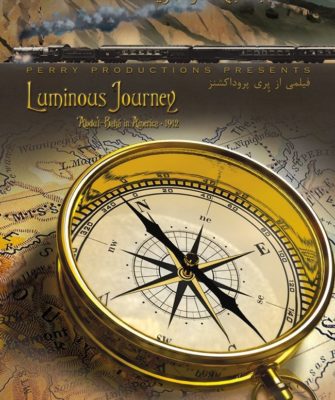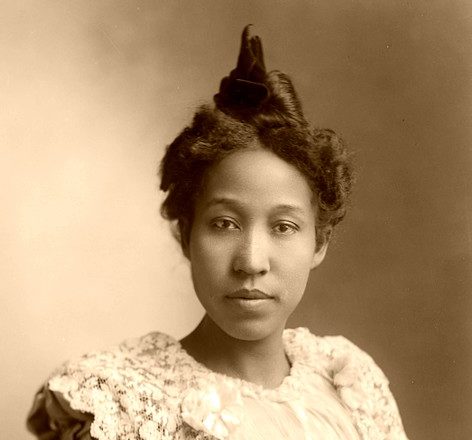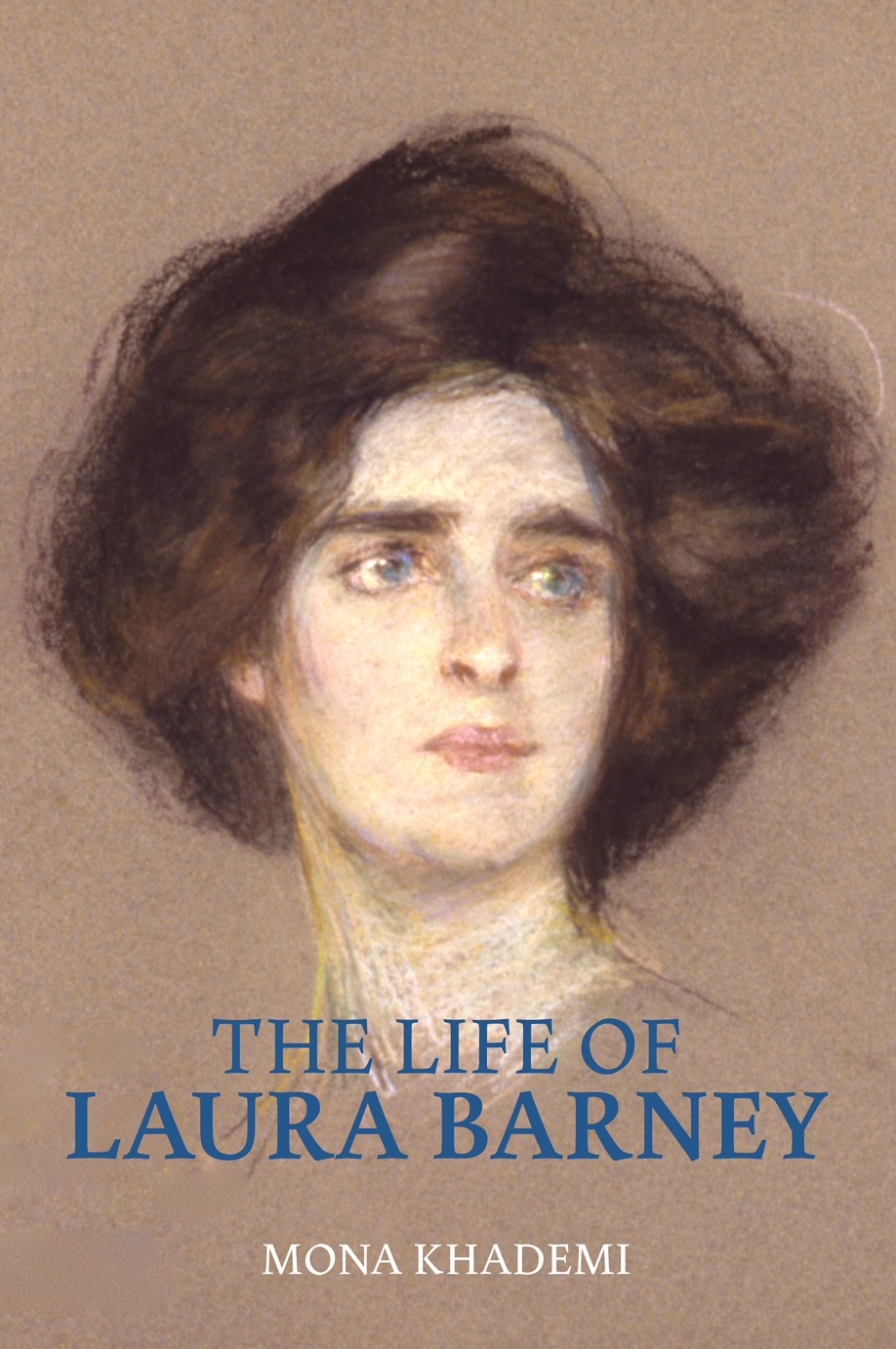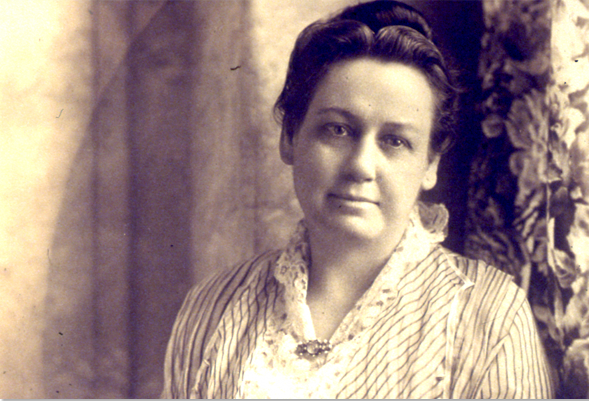
Harriet Gibbs Marshall

Race-Unity-Justice
Harriet Gibbs Marshall
Source: Star of the West | Baháʼí Faith in Haiti
Harriet Gibbs Marshall (1868-1941) became a Baha’i in 1912 while ‘Abdu’l-Baha was visiting the US. It is possible that she heard Him speak on 23 April 1912 at both Howard University and in a Black church later that same evening. It was the first occasion since His arrival in America that ‘Abdu’l-Baha addressed race.
She noted the quote from ‘Abdu’l-Baha, “The diversity in the human family should be the cause of love and harmony, as it is in music where many different notes blend together in the making of a perfect chord.”
After becoming a Baha’i she began hosting many events at the Conservatory, despite a culture of segregation that barred African Americans and did not permit mixed-race gatherings. It was not unusual for large numbers of Baha’is to attend a single event at the conservatory.
She was an extremely educated woman of her time, she studied piano, pipe organ, and voice culture at the Oberlin Conservatory of Music and in 1889. Marshall was the first African American to complete the program and earn a Bachelor of Music degree. In 1903 she founded the Washington Conservatory of Music. According to blackpast.org “Marshall’s conservatory was a landmark in the history of black education. The Centre sponsored regular concerts for the black community, trained many prominent musical professionals and attracted the nation’s most talented musicians as teachers. It remained in operation until 1960.”
In 1916 ‘Abdu’l-Baha wrote a series of 14 letters, or tablets, to the followers of the religion in the United States; these letters were compiled together in a book titled Tablets of the Divine Plan. In one letter He cited Haiti as one of the island countries where Baha’is should endeavor to establish the Faith. The first Bahai to visit the island was Mrs. Harriet Gibbs Marshall in 1922, who accompanied her husband to Haiti, where he was sent by President Warren G. Harding to be a part of the U.S. legation. They lived there for six years, during which time she founded the Jean Joseph Industrial School in Port-au-Prince and worked extensively with Haitian social welfare charities.




